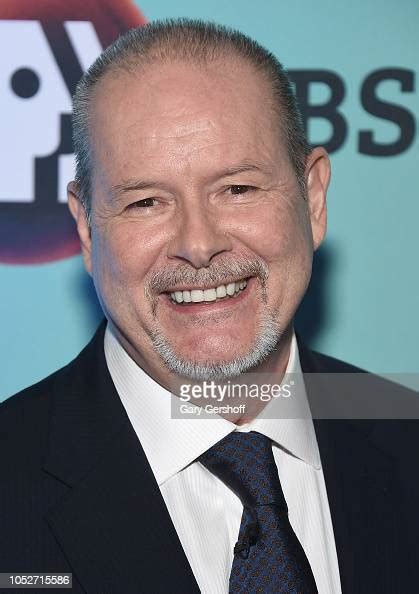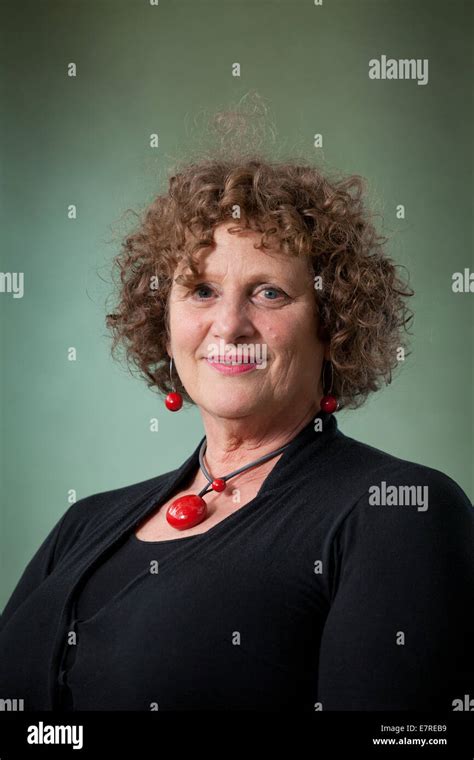A Quote by Storm Reid
I feel like it's important for young African-American girls - and all people - to read books that tell our stories and watch movies that tell our stories and do the research on our own, too, because sometimes that's not being told, and we're not being seen and shown.
Related Quotes
When we die, these are the stories still on our lips. The stories we’ll only tell strangers, someplace private in the padded cell of midnight. These important stories, we rehearse them for years in our head but never tell. These stories are ghosts, bringing people back from the dead. Just for a moment. For a visit. Every story is a ghost.
I think that is what we do by preserving and telling our stories. If you don't tell your stories, other people will tell their story about you. It's important that we nurture and protect these memories. Things change. Existence means change. So, the kind of precious memories about being black for my generation won't exist for my kids' and grandkids' generations unless we preserve them through fiction, through film, through comic books, and every other form of media we can possibly utilize to perpetuate the story of the great African-American people.
Our strategy should be not only to confront empire, but to lay siege to it. To deprive it of oxygen. To shame it. To mock it. With our art, our music, our literature, our stubbornness, our joy, our brilliance, our sheer relentlessness — and our ability to tell our own stories. Stories that are different from the ones we’re being brainwashed to believe. The corporate revolution will collapse if we refuse to buy what they are selling — their ideas, their version of history, their wars, their weapons, their notion of inevitability.
What does it matter, if we tell the same old stories? ...Stories tell us who we are. What we’re capable of. When we go out looking for stories we are, I think, in many ways going in search of ourselves, trying to find understanding of our lives, and the people around us. Stories, and language tell us what’s important.
We read novels because we need stories; we crave them; we can’t live without telling them and hearing them. Stories are how we make sense of our lives and of the world. When we’re distressed and go to therapy, our therapist’s job is to help us tell our story. Life doesn’t come with plots; it’s messy and chaotic; life is one damn, inexplicable thing after another. And we can’t have that. We insist on meaning. And so we tell stories so that our lives make sense.
I am a man, and men are animals who tell stories. This is a gift from God, who spoke our species into being, but left the end of our story untold. That mystery is troubling to us. How could it be otherwise? Without the final part, we think, how are we to make sense of all that went before: which is to say, our lives? So we make stories of our own, in fevered and envious imitation of our Maker, hoping that we'll tell, by chance, what God left untold. And finishing our tale, come to understand why we were born.
It seemed to me at an early age that all human communication - whether it's TV, movies, or books - begins with somebody wanting to tell a story. That need to tell, to plug into a universal socket, is probably one of our grandest desires. And the need to hear stories, to live lives other than our own for even the briefest moment, is the key to the magic that was born in our bones.




































